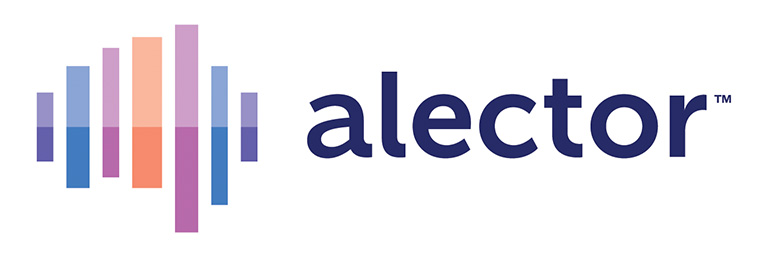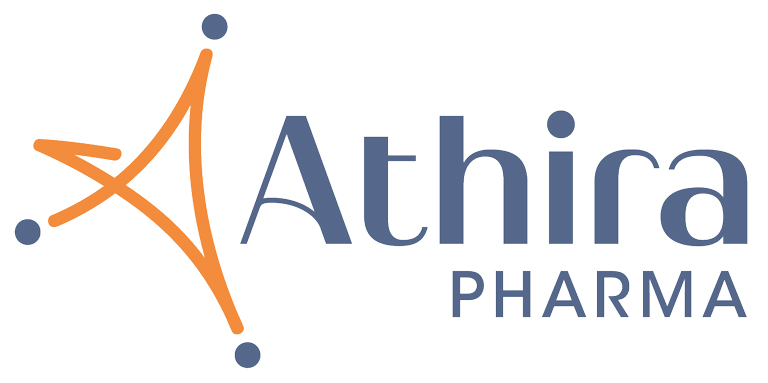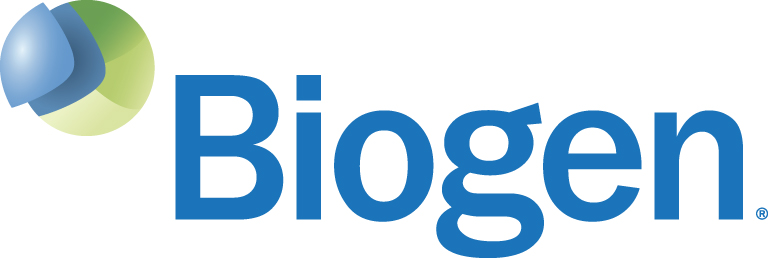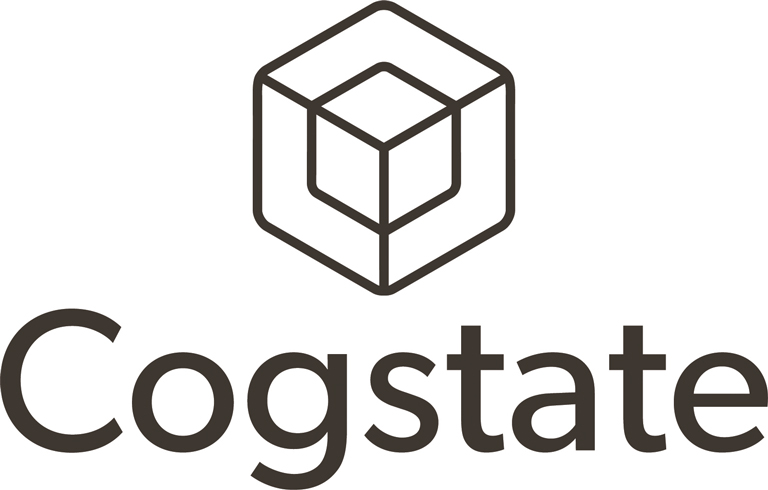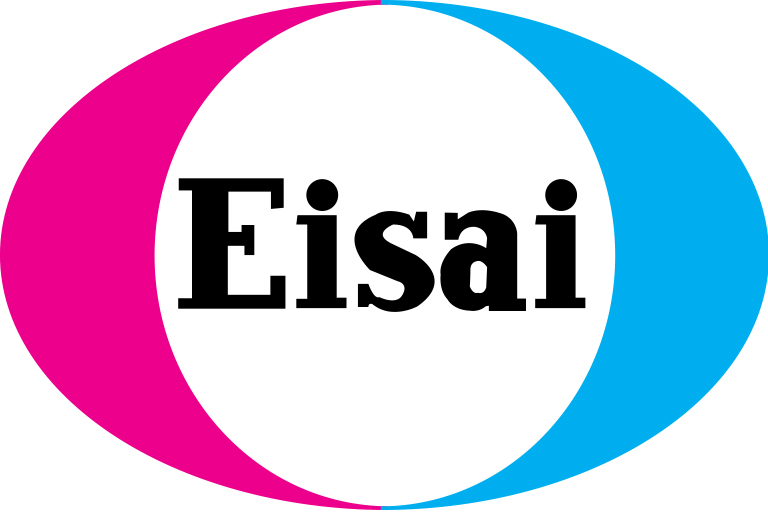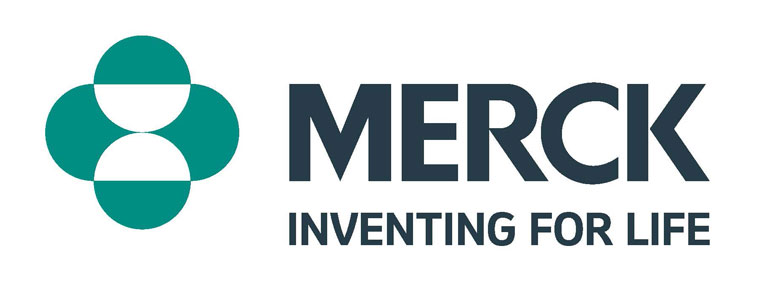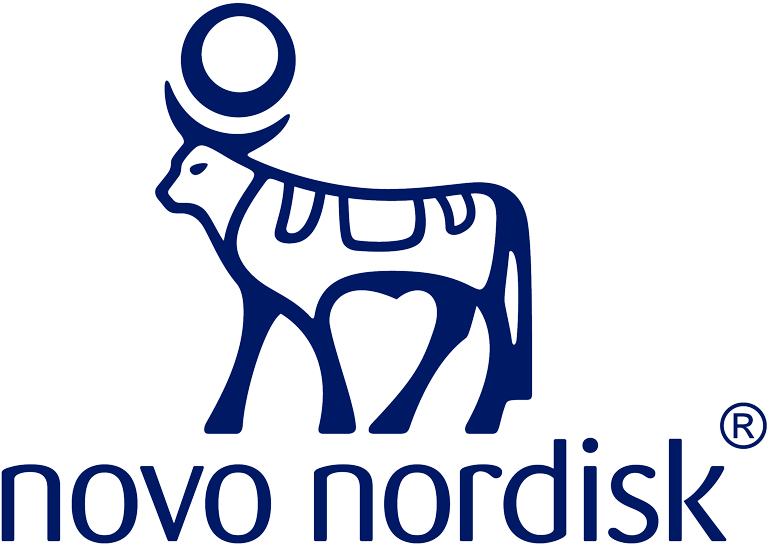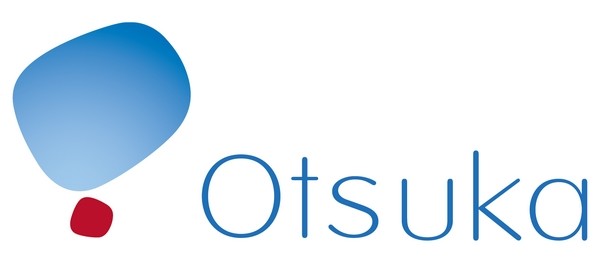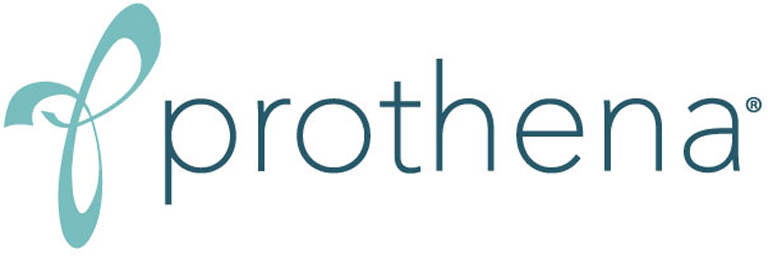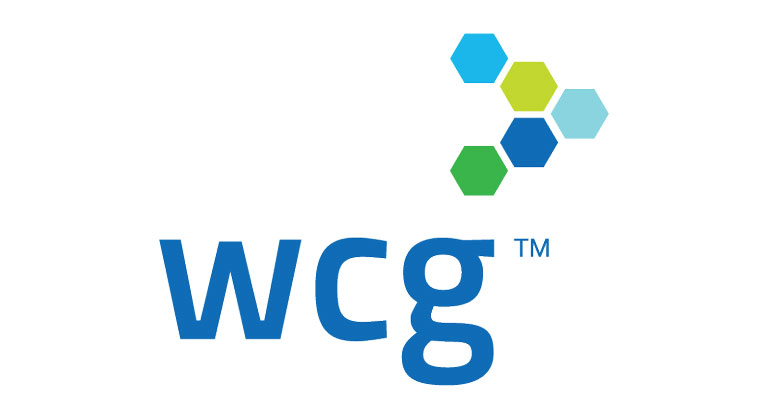Research Roundtable
The mission of the Alzheimer's Association Research Roundtable (AARR) is to advance the research, development and management of new treatments for Alzheimer’s disease. AARR brings together industry leaders with top scientists from around the world to discuss key areas in Alzheimer's science.
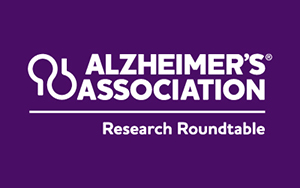 Begun in 2003 with four members, the Research Roundtable now includes more than 20 corporate members. AARR member companies provide leadership and direction to the Roundtable's various activities. Their scientists participate in the Roundtable to contribute to and benefit from the state-of-the-field scientific discourse, debate, and information sharing in order to advance the field of Alzheimer’s research and development.
Begun in 2003 with four members, the Research Roundtable now includes more than 20 corporate members. AARR member companies provide leadership and direction to the Roundtable's various activities. Their scientists participate in the Roundtable to contribute to and benefit from the state-of-the-field scientific discourse, debate, and information sharing in order to advance the field of Alzheimer’s research and development.
Additional participants include invited investigators from academia and such international government organizations as the U.S. Food and Drug Administration (FDA), the Centers for Medicare and Medicaid Services, the European Medicines Agency (EMA), the Pharmaceuticals and Medical Devices Agency (PMDA) of Japan, and the National Institutes of Health.
Worldwide impact
Through the Research Roundtable, the Alzheimer's Association® brings together industry leaders with top scientists from around the world to discuss key areas in Alzheimer's science in a precompetitive platform.
The Roundtable convenes twice each year for coverage of topics identified by Roundtable members as the most current critical needs. The Roundtable may also focus on specific issues facing the AD field that impact many of the member companies by forming a Task Force or Work Group."I have been attending the Research Roundtable over the past three years and always look forward to these meetings. This is the best meeting forum around for Alzheimer's disease drug developers."
Alzheimer's researcher
Roundtable members explore a broad range of Alzheimer's cutting edge science topics, including:
- New data and technologies that may improve the diagnosis of Alzheimer's disease, especially in its earliest and mildest stages.
- Neuropsychological testing, genetic factors, and biochemical and neuroimaging biomarkers that could contribute to an earlier and more accurate Alzheimer's diagnosis.
- Lessons learned about clinical trial design that may help shape future clinical trials, including the use of biomarkers for the development of drugs aimed at slowing or stopping the progression of Alzheimer's.
- The pros and cons of various scales as outcomes measures of clinical trials.
Research Roundtable publications
The outputs of Roundtable meetings are published as articles in the Alzheimer's Association's journal, Alzheimer's & Dementia® and have had major impacts in the field of Alzheimer’s disease. For example, the NIA/AA diagnostic criteria for Alzheimer's disease published in 2011 were first highlighted as needed in the field at an AARR meeting.
View the Research Roundtable of the Alzheimer's Association Record of Publications (PDF).
Current members
Funding research
The Research Roundtable sponsors the Dale Schenk Alzheimer's Association Research Roundtable Grant. The principal investigator of the project is invited to give a progress report at a Roundtable meeting.
Learn more about the Alzheimer's Association grants program and its research funding.
2025 Dale Schenk Alzheimer's Association Research Roundtable Grant Awardees
Guilherme Povala
Harmonization of Tau PET Tracers to a Common Scale Using Head-to-Head Data
Julie Ottoy
Dynamic interplay of vascular injury and inflammation on AD progression
2024 Dale Schenk Alzheimer's Association Research Roundtable Grant Awardees
Sarah Abbas
Association Between Longitudinal Changes in Plasma GFAP and AD Progression
Sidra Haye
Variation in Dementia Diagnosis Across Primary Care Physicians
2023 Dale Schenk Alzheimer's Association Research Roundtable Grant Awardees
Yongxiang WangPlasma biomarkers in the continuum from normal cognition through MCI to AD
A. Zarina Kraal
Psychosocial and cardiometabolic modifiers of AD risk heritability
2022 Dale Schenk Alzheimer's Association Research Roundtable Grant Awardees
Stephanie Schultz
Understanding Biomarker and Clinical Heterogeneity in Autosomal Dominant AD
Charles Windon
Disparities in Neurodegeneration Through a New Lens, SDOH in New IDEAS
2021 Dale Schenk Alzheimer's Association Research Roundtable Grant Awardees
Tharick Ali Pascoal
High-performance Plasma Phosphor-tau Predicts Dementia, Tau and Amyloid PET
Zoë Van Acker
The Lysosomal Exonuclease PLD3 as a Late-onset Alzheimer’s Risk Factor
Lingani Mbakile-Mahlanza
Validation of a Cognitive Assessment Battery in the Botswana Population
2020 Dale Schenk Alzheimer's Association Research Roundtable Grant Awardees
Danielle Beckman
Tau Pathology and Propagation in a Monkey Model of Alzheimer’s Disease
Shea Andrews
Assessing the Causal Role of Mitochondria in Alzheimer’s Disease
2018 Dale Schenk Alzheimer's Association Research Roundtable Grant Awardees
Simon Dujardin
Understanding Tau Protein Seeding in the Brain in Alzheimer’s Disease
Elena Portacolone
Scalable Strategies to Recruit African Americans Into Dementia Research, University of California, San Francisco
2017 Dale Schenk Alzheimer's Association Research Roundtable Grant Awardees
Shana D. Stites
Study of the Psychosocial Effects of Preclinical Alzheimer’s Disease, University of Pennsylvania
Annamaria Cattaneo
Characterization of Human Alzheimer’s Disease Brain-Derived Exosomes on Tau Propagation, Boston University Medical Campus
2016 Dale Schenk Alzheimer's Association Research Roundtable Grant Awardees
Holly Cukier
Investigating a Frameshift Deletion in ABCA7 of African Origin Using iPSC, University of Miami
Annina Maria DeLeo
Characterization of Human Alzheimer’s Disease Brain-Derived Exosomes on Tau Propagation, Boston University Medical Campus
2014 Dale Schenk Alzheimer's Association Research Roundtable Grant Awardees
Todd Cohen
A Pathogenic Role for Tau Acetylation in Alzheimer's Disease, University of North Carolina at Chapel Hill
Chun-ling Dai
Role of O-GlcNAcylation in Tau Pathology and Cognitive Function, Research Foundation for Mental Hygiene, Inc. at NYS Institute for Basic Research
2013 Dale Schenk Alzheimer's Association Research Roundtable Grant Awardee
Minerva Carrasquillo
AD Risk Prediction, Cognitive Decline & Gene Regulation at the TREM2 locus, Mayo Clinic Jacksonville
2012 Dale Schenk Alzheimer's Association Research Roundtable Grant Awardee
Jed Meltzer
Detection of early Cortical Pathology Using MEG and Speech Analysis, Rotman Research Institute of Baycrest
2011 Dale Schenk Alzheimer's Association Research Roundtable Grant Awardee
Jennifer Manly
Offspring of Ethnically Diverse People with and Without AD, Columbia University Medical Center
2010 Dale Schenk Alzheimer's Association Research Roundtable Grant Awardee
Maureen Schmitter-Edgecombe
A Multi-dyad Cognitive Rehabilitation Intervention, Washington State University
2009 Dale Schenk Alzheimer's Association Research Roundtable Grant Awardee
Brenda Plassman
Middle and Late- Life Predictors of Alzheimer’s Disease in Elderly Twins, Duke University Medical Center
2007 Dale Schenk Alzheimer's Association Research Roundtable Grant Awardee
Greg Sachs
AD and Access to Palliative Care, Indiana University
2006 Dale Schenk Alzheimer's Association Research Roundtable Grant Awardee
David Reuben
Practice Redesign and Partnership to Improve Quality of Dementia Care, The Regents of the University of California
Join the Research Roundtable
Membership terms are for 12 months. If you are ready to join the best minds in Alzheimer's research, please contact the corporate initiatives team at corporateinitiatives@alz.org.

The first survivor of Alzheimer's is out there, but we won't get there without you.
Donate Now
Don't just hope for a cure. Help us find one.
Learn More



